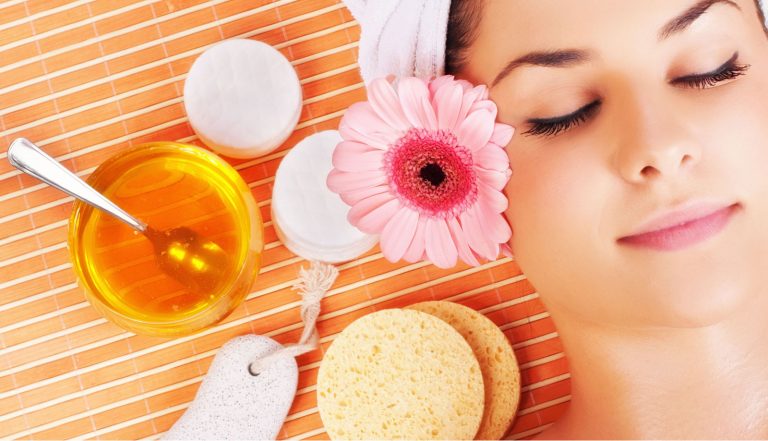
The Effect of Beauty on Women's Self-Confidence
Share
Beauty has long been a subject of admiration, discussion, and even controversy. In today's world, where appearance often plays a crucial role in personal and professional spheres, the impact of beauty on a woman's self-confidence cannot be ignored. Many studies and real-life observations suggest that physical attractiveness can significantly influence a woman's self-esteem, social interactions, and overall confidence.
The Relationship Between Beauty and Self-Confidence
Self-confidence is the belief in one’s abilities, worth, and judgment. For many women, physical appearance contributes significantly to their self-perception. Societal standards of beauty often set expectations, making women who fit these ideals feel more confident and socially accepted. When a woman perceives herself as beautiful, she is more likely to exude confidence, feel more comfortable in social settings, and take on leadership roles.
Psychological Impact of Beauty on Confidence
Research in psychology suggests that individuals who perceive themselves as attractive tend to exhibit higher levels of self-esteem. This phenomenon, known as the "halo effect," implies that people associate physical beauty with positive attributes such as intelligence, kindness, and competence. As a result, beautiful women often receive more positive reinforcement from society, which further strengthens their confidence.
Additionally, feeling beautiful can lead to positive self-talk and a better self-image. Women who believe they are attractive are more likely to engage in social activities, build meaningful relationships, and pursue career advancements with greater assurance.
Social Advantages and Their Influence on Confidence
Beauty can offer social advantages that contribute to increased confidence. Attractive women often experience more positive social interactions, receive more attention, and are frequently perceived as more likable. These experiences can reinforce self-worth and encourage women to take on challenges they might otherwise shy away from.
However, it is important to note that confidence built solely on external validation can be fragile. True self-confidence should stem from a combination of self-acceptance, personal achievements, and inner strength rather than just physical appearance.
The Role of Self-Care and Personal Grooming
While natural beauty plays a role, self-care and grooming significantly impact a woman's confidence. Engaging in beauty routines, dressing well, and maintaining personal hygiene can make a woman feel more attractive, thereby boosting her self-esteem. The effort put into personal appearance often translates into feeling more prepared and capable in both personal and professional settings.
The Flip Side: Pressure and Unrealistic Beauty Standards
Despite the confidence boost beauty can provide, there are potential downsides. Women who feel they do not meet conventional beauty standards may experience lower self-esteem and social anxiety. The pressure to conform to societal ideals can lead to stress, body image issues, and even mental health concerns. Therefore, fostering a culture that embraces diverse beauty standards is essential for ensuring that confidence is not solely dependent on physical appearance.
Conclusion
Beauty can have a profound impact on a woman's self-confidence, influencing how she perceives herself and interacts with the world. While physical attractiveness may provide certain advantages, true confidence comes from within. Cultivating self-worth through personal growth, skills, and self-acceptance ensures that confidence remains strong, regardless of external factors. By embracing individuality and self-love, every woman can enhance her confidence and lead a fulfilling life.




